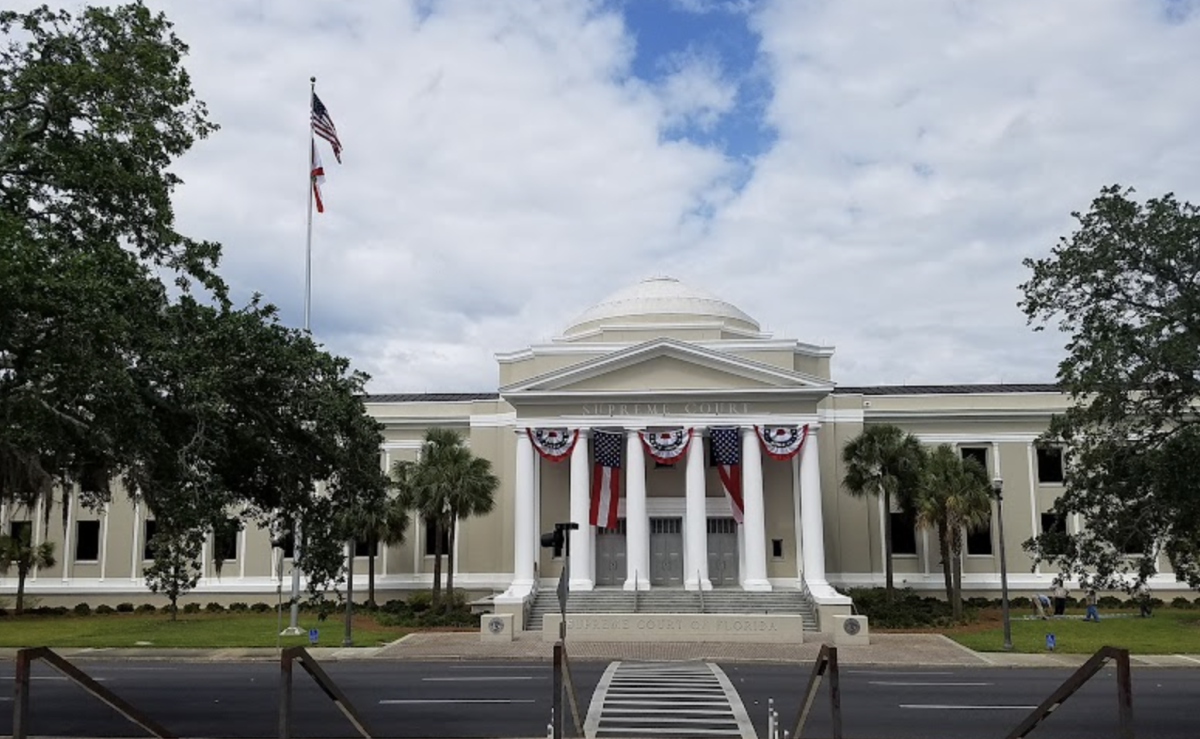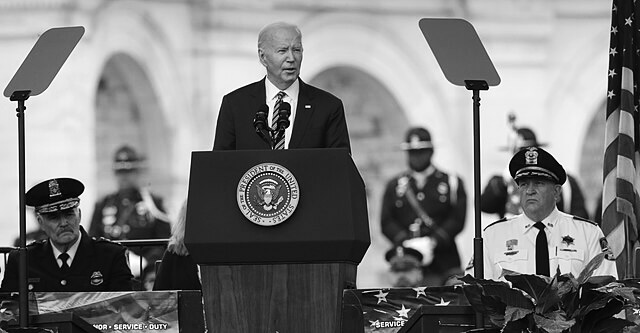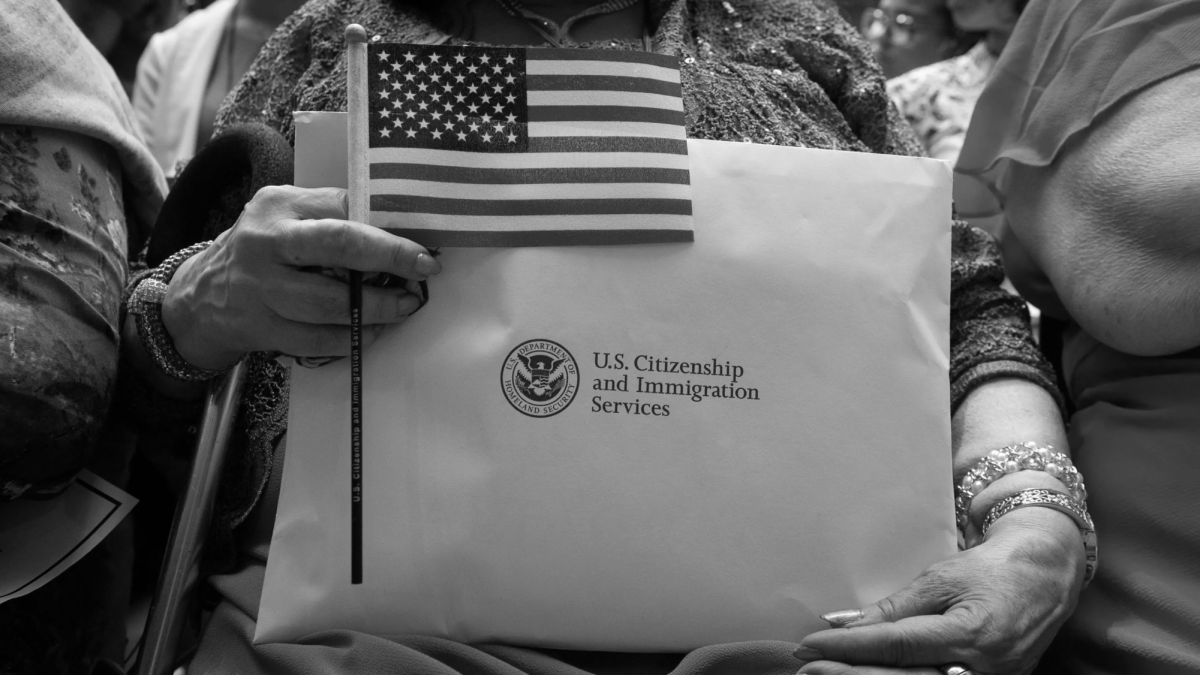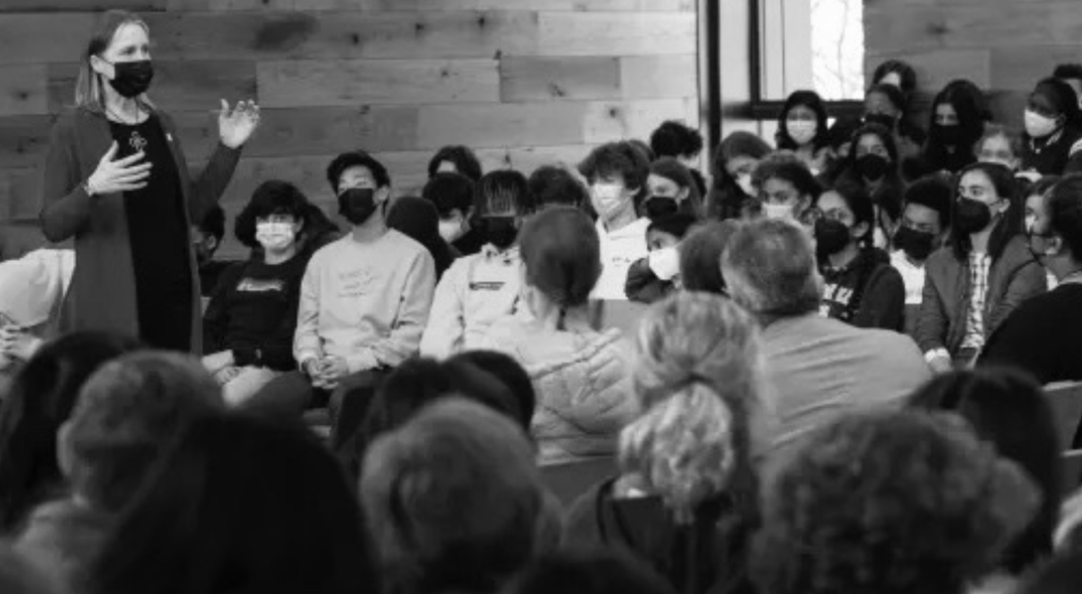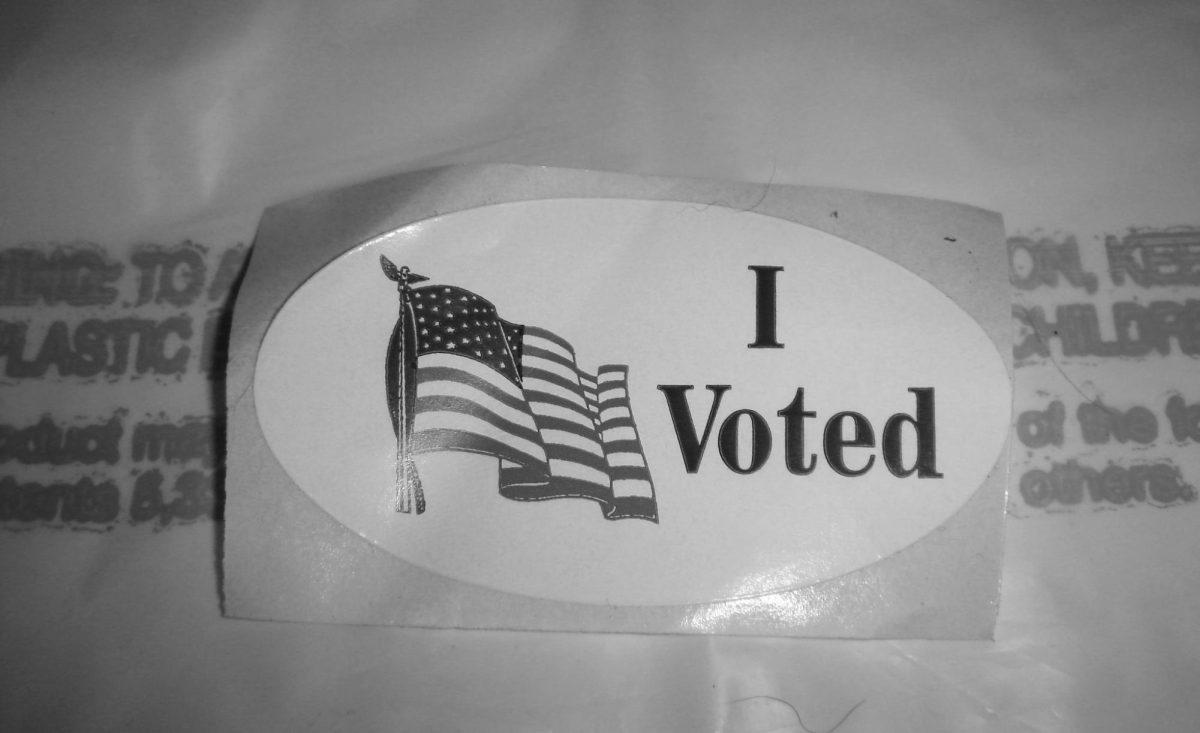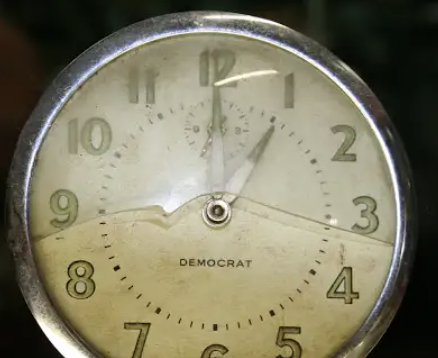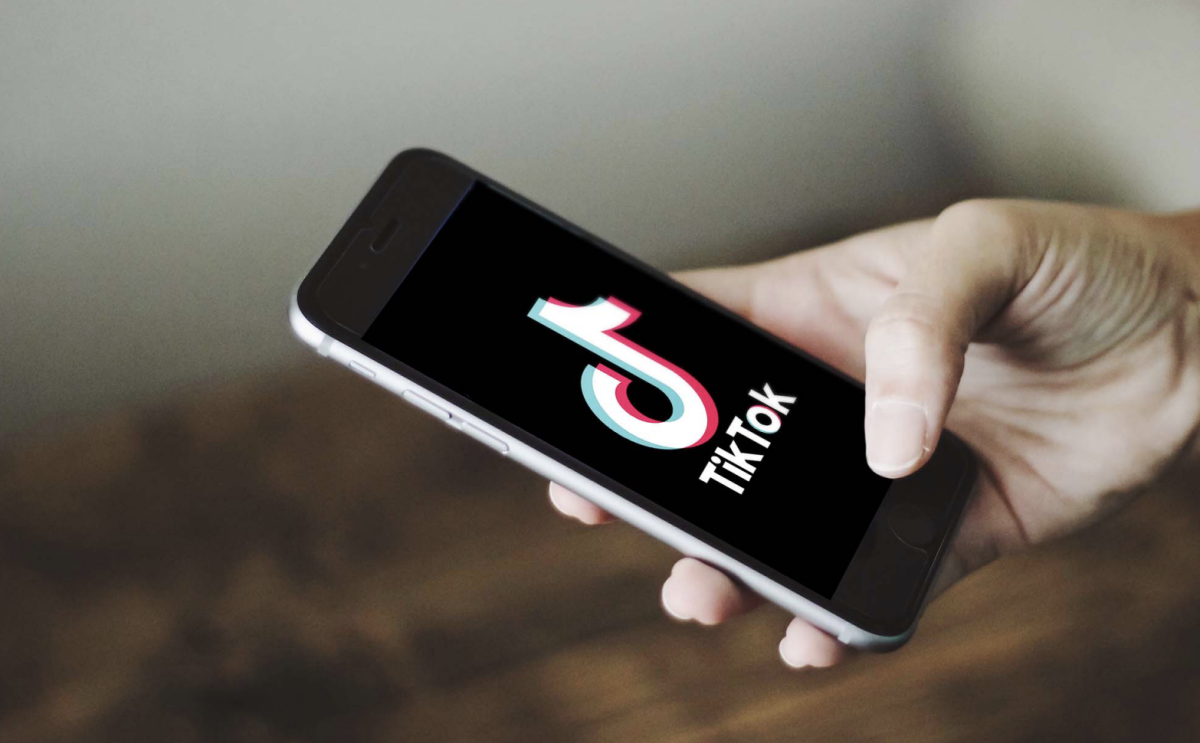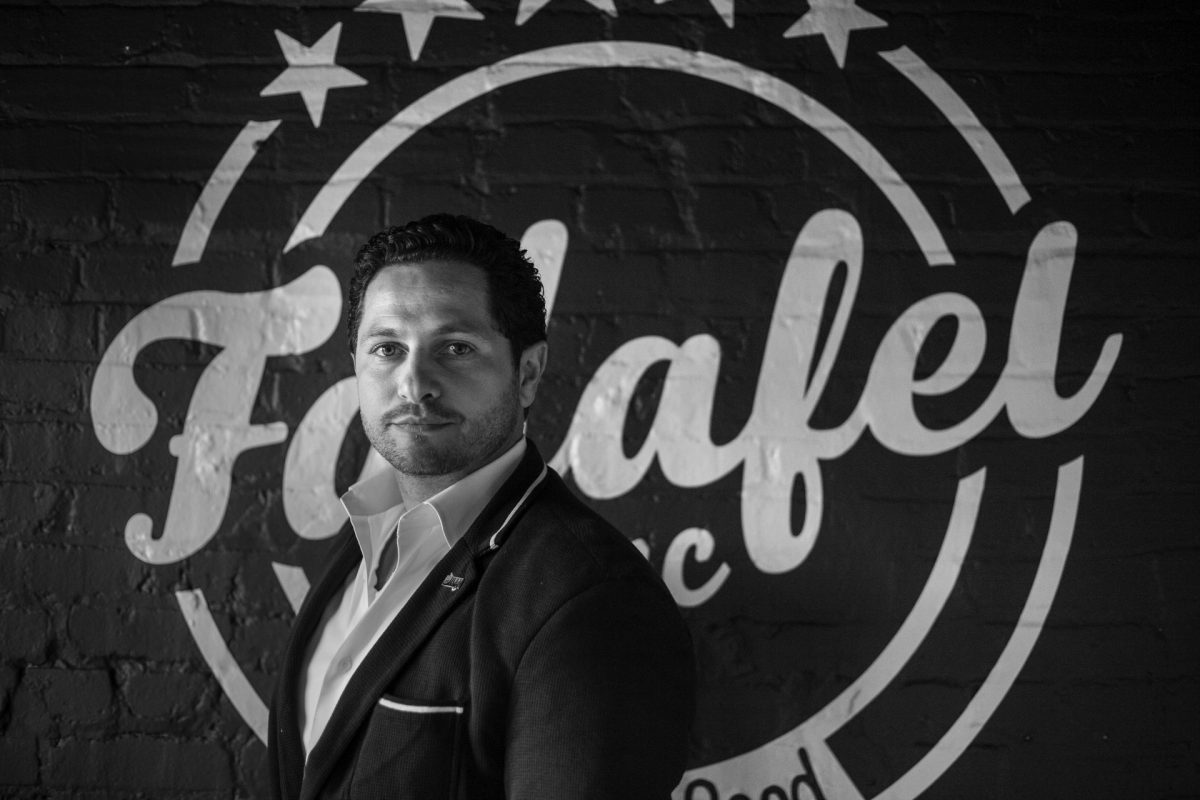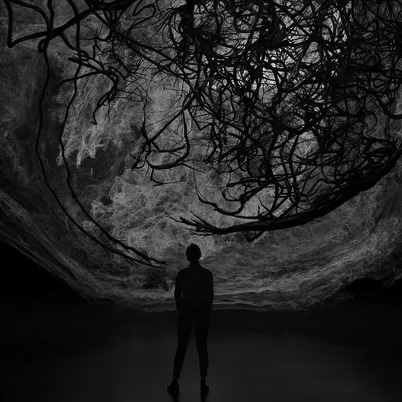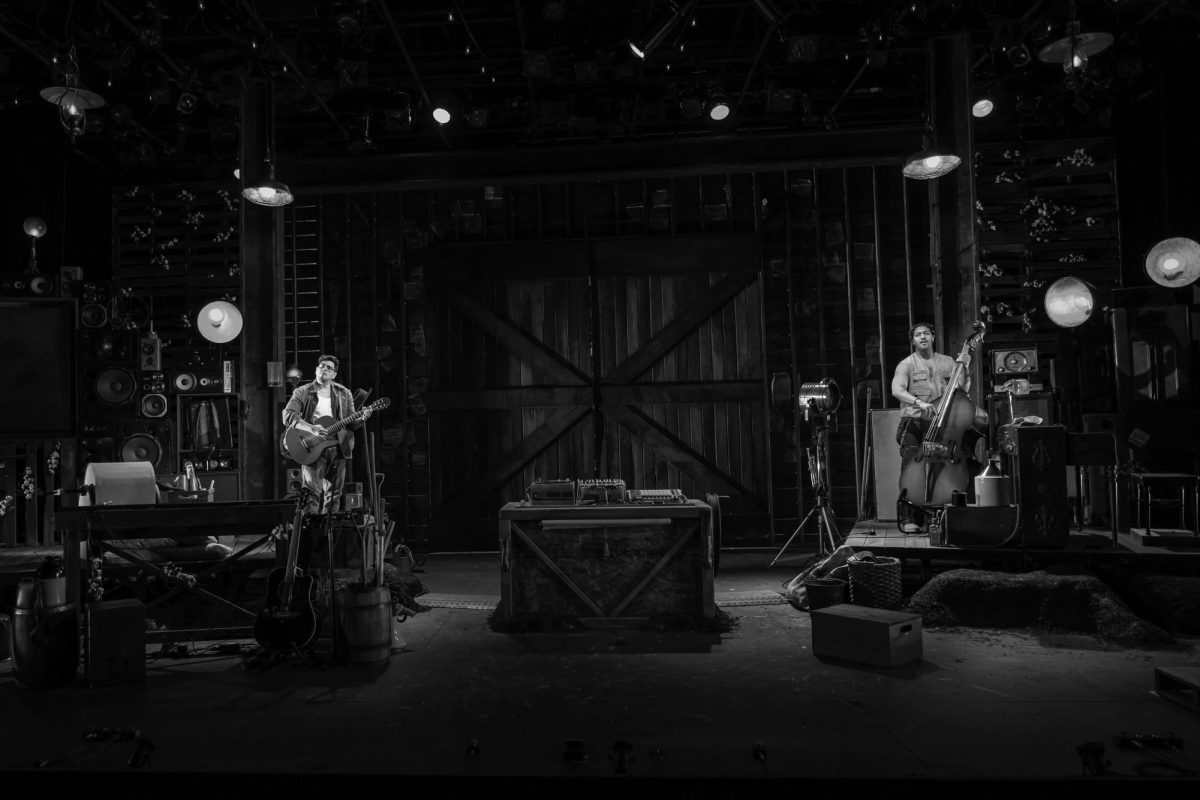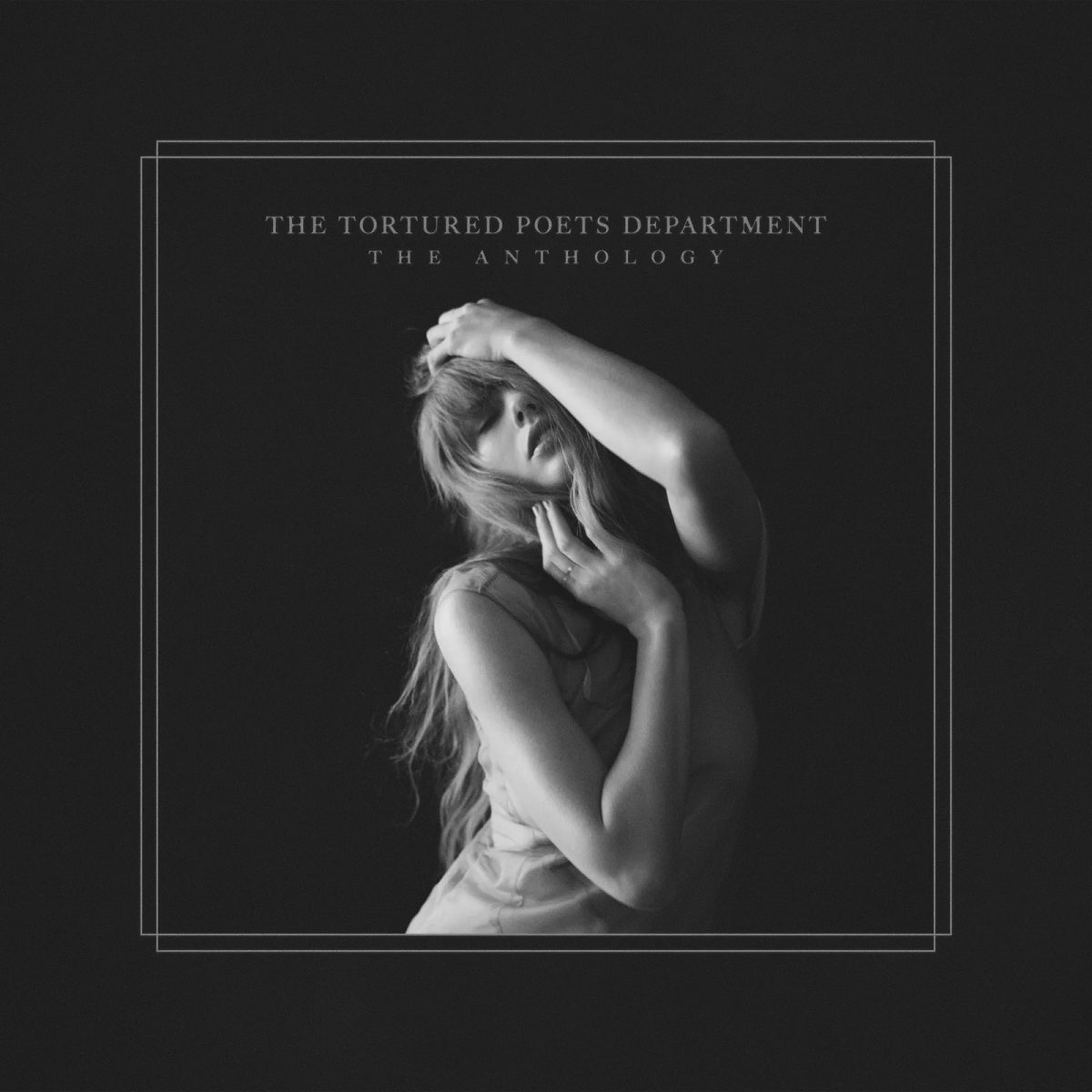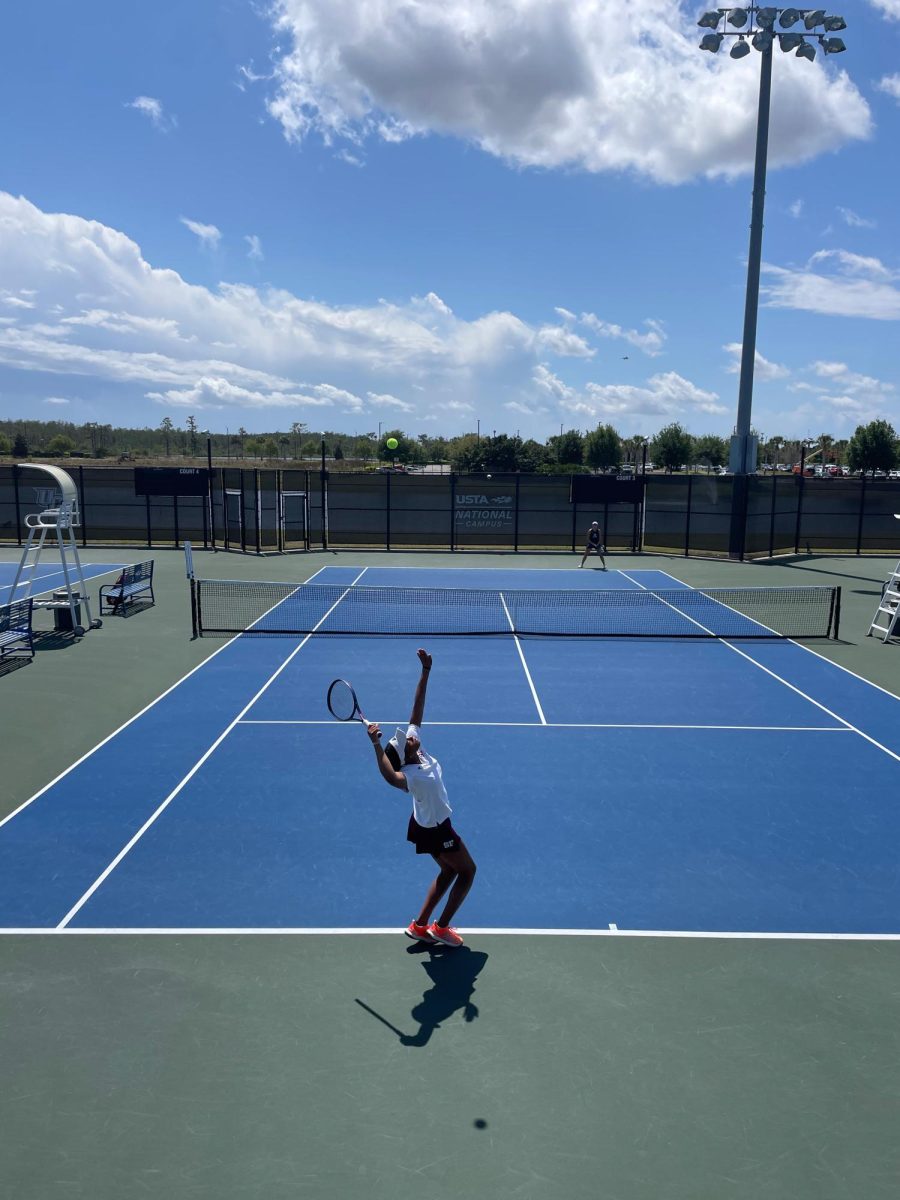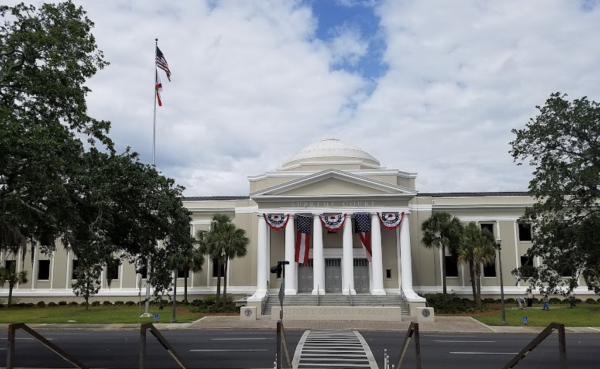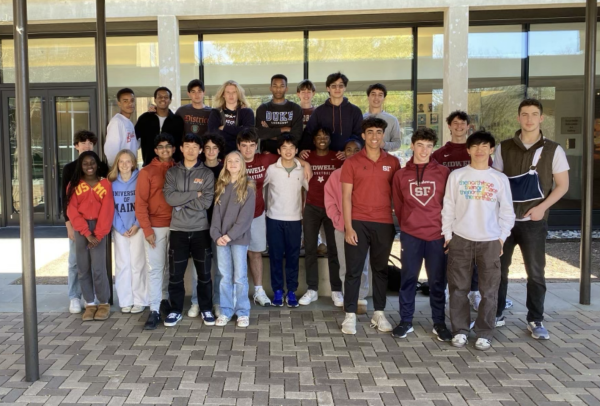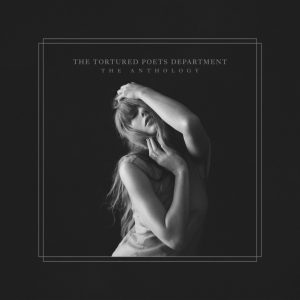Supreme Court Leak Threatens Future of Abortion Rights
On May 2, Politico published a leaked draft of a Supreme Court opinion rejecting its landmark decision on Roe v. Wade, which would federally guarantee constitutional protection of abortion rights. The draft was written by Supreme Court Justice Samuel Alito and is agreed upon by a majority of the Court’s judges.
In 1973, the Supreme Court passed a verdict on the Roe v. Wade case striking down a Texas statute banning abortion and deemed the law unconstitutional, effectively legalizing the procedure across the country. The case was a turning point in women’s reproductive rights and has protected the right to abortion for the last fifty years.
The leak breaks with a centuries-long tradition of secrecy surrounding the Supreme Court’s deliberations.
While Chief Justice Roberts confirmed the draft’s authenticity, the Supreme Court recognized that its contents did not reflect the Court’s final view on the matter. The Court issued a cautionary statement indicating that “justices circulate draft opinions internally as a routine and essential part” of its work, adding that the draft “does not represent a decision by the Court or the final position of any member on the issues in the case.”
Described by The Washington Post as a “history-altering bombshell,” however, the leak has already sent shockwaves throughout the country due to the possibility of reproductive rights becoming restricted.
In addition to partisan conversations over who leaked the confidential document, a heated debate has begun over what the potential overturning of Roe would mean for the American people. If the Court strikes down Roe, access to abortion will no longer be federally guaranteed and will instead be left in the hands of state legislatures.
According to Time, several Republican legislators have quickly readied abortion bans, advanced criminal penalties for performing abortions, and considered defining life as starting at conception.
Several urgent questions are now being asked: Who leaked the document and why? What will be the implications for abortion rights if the Court does overturn Roe? How would America react?
While the source of the leak is yet to be established, some argue that the leak could have come from either supporters or opponents of the decision.
“This was yet another escalation in the radical left’s ongoing campaign to bully and intimidate federal judges and substitute mob rule for the rule of law,” said Republican Senate Minority Leader Mitch McConnell in a statement.
The New York Times noted that the leak could instead have come from the conservative right, arguing that the objective of the leak may have been to publicly disclose and lock in the five-justice conservative majority.
The leak has made it risky for any of the judges to change their minds, as anyone switching positions could appear to be succumbing to public pressure. For its part, the Court announced that it would be opening an inquiry into the leak. In a statement, Roberts warned that if the leak is “intended to undermine the integrity [of the Court], it will not succeed.”
Overturning Roe would have significant and largely heterogeneous implications for people living in different parts of the country.
A study by the Guttmacher Institute reports that in the absence of Roe, 23 states already have laws in place that could be used to restrict the legal status of abortion, including 13 which would ban abortion nearly altogether. According to the same study, 17 states have laws that protect the right to abortion.
While some abortion seekers in restrictive states could go to states with less stringent laws to access procedures, many would face a significant regulatory obstacle: the complex rules of private and public insurance providers, which may or may not provide “out-of-state” coverage for abortions.
The Sidwell community reacted strongly to the news.
It is infuriating to live in a country that uses autonomy over your body as a political chess piece.
— Lila Hutchins '24
Junior Ava Strong said that if Roe were overturned, the Court’s action would be “one of the biggest human rights violations.”
“I feel like my control over my body, something which so many people have fought so hard to give me, is about to be taken away,” sophomore Anya Vedantambe said.
Sophomore Lila Hutchins added, “Women can never achieve equality or powerful roles in society without power over their own bodies … it is ridiculous that we are still fighting for such a basic right to determine our own lives.”
An anonymous sophomore said that it was “extremely disappointing” that the “division of views among the Supreme Court’s judges was along predictably partisan lines,” with “conservative judges, nominated by Republican administrations, forming a majority to overturn Roe” and “liberal judges … dissenting.”
Hutchins also expressed her frustration with the politicization of the issue: “It is infuriating to live in a country that uses autonomy over your body as a political chess piece.”
Neal Katyal, the former Solicitor General of the United States, stated that the leak would “make it harder for the Court to function. The draft opinion sets forth a very radical view of the law, one that if adopted would set women back decades.”
Many Americans are now asking whether the Court is out of touch with the people and whether the justices are guided by a sense of the law rather than their own political beliefs and affiliations. If Roe is ultimately overturned, it will not only be abortion access that takes a blow, but also the Supreme Court’s legitimacy and standing in the eyes of many.
Your donation will support the student journalists of Sidwell Friends School. Your contribution will allow us to purchase equipment and cover our annual website hosting costs.






